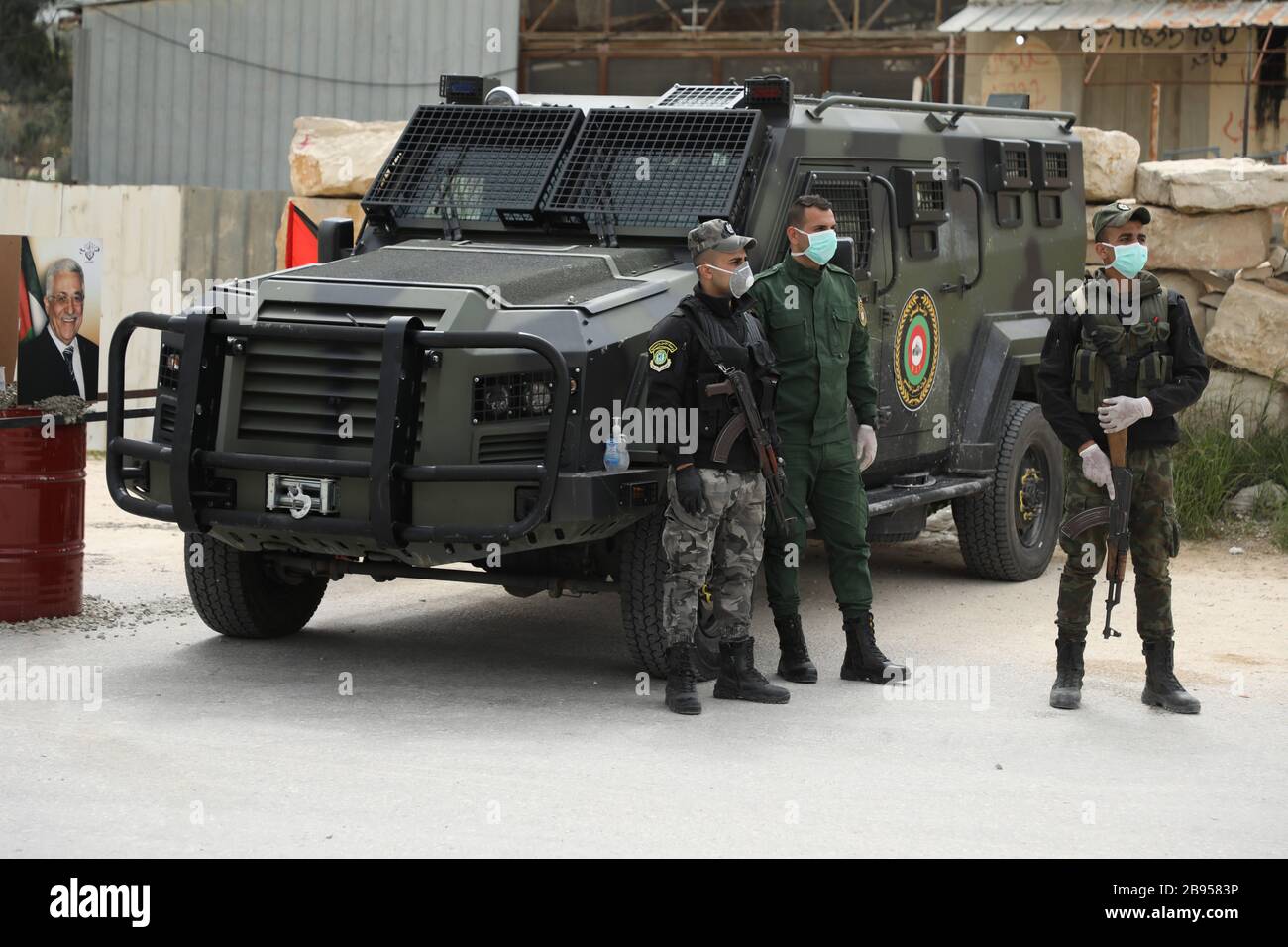National Security Measures: National security or national defense is the security and defense of a nation state.
Including its citizens, economy, and institutions, which is regarded as a duty of government.
Originally conceived as protection against military attack.
National security is now widely understood to include also non-military dimensions.
Including the security from terrorism, minimization of crime, economic security, energy security, environmental security, food security, cyber-security etc.
Similarly, national security risks include, in addition to the actions of other nation states.
Action by violent non-state actors, by narcotic cartels.
And by multinational corporations, and also the effects of natural disasters.
See also: 9 Top Chicken Farming Sustainability Tips in Nigeria

Read also: 23 Strategy For Warehouse Business Distribution
National Security Measures
Governments rely on a range of measures, including political, economic, and military power.
As well as diplomacy, to safeguard the security of a nation-state.
They may also act to build the conditions of security regionally and internationally.
By reducing transnational causes of insecurity.
Such as climate change, economic inequality, political exclusion, and nuclear proliferation.
See also: 104 Storeroom Business Opportunities in Nigeria
The Basic Meaning of National Security
The concept of national security remains ambiguous.
Having evolved from simpler definitions.
Which emphasized freedom from military threat and from political coercion.
Among the many definitions proposed to date are the following.
Read on: 18 Guides To Starting An Ancient Store Business in Nigeria
National Security Measures
Which show how the concept has evolved to encompass non-military concerns:
- “A nation has security when it does not have to sacrifice its legitimate interests to avoid war, and is able, if challenged, to maintain them by war.
- “The distinctive meaning of national security means freedom from foreign dictation.
- “National security objectively means the absence of threats to acquired values and subjectively, the absence of fear that such values will be attacked.
- “National security then is the ability to preserve the nation’s physical integrity and territory; to maintain its economic relations with the rest of the world on reasonable terms; to preserve its nature, institution, and governance from disruption from outside; and to control its borders.
See also: How to Build Good Future in Nigeria( 17 Tips)
National Security Measures
- “National security… is best described as a capacity to control those domestic and foreign conditions that the public opinion of a given community believes necessary to enjoy its own self-determination or autonomy, prosperity, and wellbeing.
- “National security is an appropriate and aggressive blend of political resilience and maturity, human resources, economic structure and capacity, technological competence, industrial base and availability of natural resources and finally the military might.
Read also: How Profitable is Hat Business in Nigeria (24Tips)
National Security Measures
- “[National security is the] measurable state of the capability of a nation to overcome the multi-dimensional threats to the apparent well-being of its people and its survival as a nation-state at any given time, by balancing all instruments of state policy through governance… and is extendable to global security by variables external to it.
- “National and international security may be understood as shared freedom from fear and want, and the freedom to live in dignity. It implies social and ecological health rather than the absence of risk… [and is] a common right.”
Read also: How Clothing Stores Make Money in Nigeria (31ways)
National Security Measures
Potential causes of national insecurity
Potential causes of national insecurity include actions by other states (e.g. military or cyber attack), violent non-state actors (e.g. terrorist attack).
Organized criminal groups such as narcotic cartels, and also the effects of natural disasters (e.g. flooding, earthquakes).
Systemic drivers of insecurity, which may be transnational.
Include climate change, economic inequality and marginalization, political exclusion, and militarization.
Read also: 24 Ways to Get Clients for Warehouse Business in Nigeria
National Security Measures
In view of the wide range of risks, the security of a nation state has several dimensions.
Including economic security, energy security, physical security, environmental security, food security, border security, and cyber security.
These dimensions correlate closely with elements of national power.
Increasingly, governments organise their security policies into a national security strategy (NSS).
Some states also appoint a National Security Council and/or a National Security Advisor which is an executive government agency.
It feeds the head of the state on topics concerning national security and strategic interest.
The national security council/advisor strategies long term, short term, contingency national security plans.
Read also: 22 Steps To Starting Costume Showroom Business in Nigeria
National Security Measures
Although states differ in their approach, with some beginning to prioritize non-military action to tackle systemic drivers of insecurity.
Various forms of coercive power predominate, particularly Military Capabilities.
The scope of these capabilities has developed.
Traditionally, military capabilities were mainly land- or sea-based, and in smaller countries, they still are.
Elsewhere, the domains of potential warfare now include the air, space, cyberspace, and psychological operations.
Military capabilities designed for these domains may be used for national security.
Or equally for offensive purposes, for example to conquer and annex territory and resources.
Read on: 29 Best Ways to Improve on Script Writing Skills in Nigeria
National Security in Practice
In practice, national security is associated primarily with managing physical threats and with the military capabilities used for doing so.
That is, national security is often understood as the capacity of a nation to mobilized military forces to guarantee its borders and to deter or successfully defend against physical threats.
Including military aggression and attacks by non-state actors, such as terrorism.
Most states, such as South Africa and Sweden, configure their military forces mainly for territorial defense; others, such as France, Russia, the UK and the US.
Invest in higher-cost expeditionary capabilities.
Which allow their armed forces to project power and sustain military operations abroad.
Leave a Reply